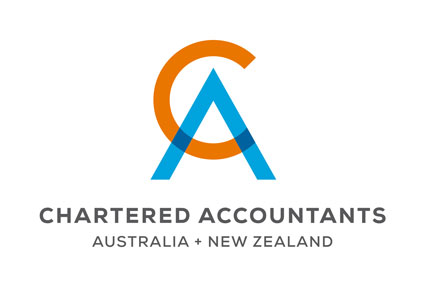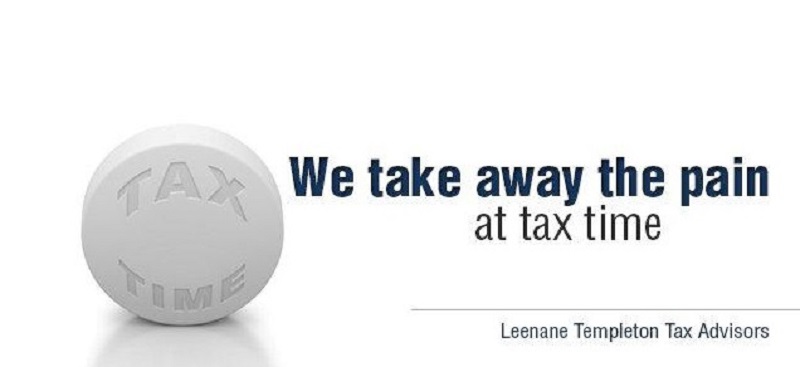Behind every small business there’s a story worth knowing.
Whatever the stage of your new business we can help to give you peace of mind through powerful practical advice from an external perspective. And as accountants we can offer a full suite of services from solid forecasting, business planning, management accounting, cash flow forecasting to annual compliance.

BUSINESS PLANNING – GETTING STARTED
Business research helps you to identify the size of your market, whether people are interested in buying your product or services, who your competition is and whether your business is sustainable. It will help you to find the right business strategy for your needs, for example through differentiating your business from competitor
The first step when considering registering a business is to determine if you are carrying on a business or hobby.
Elements of a business plan may include:
- One page overview
- Purposes and objectives of going into business
- Marketing research & analysis
- Marketing plan / strategy
- Operations plan
- Management plan
- Financial plan with costing’s and financial projections
If you are in business:
- the money you earn from your business activities is generally assessable income
- you can generally claim a deduction for the expenses you incur in earning that income
- you may be able to offset any loss you incur against other income you earn or carry the loss forward to offset future income.
If your activities are a hobby, the above points do not apply.
CHOOSING A STRUCTURE
When starting a business, it’s very important to choose the business structure that best suits your needs. There are four main business structures commonly used by small businesses in Australia:
- sole trader
- partnership
- trust
- company
The above is just a few of the considerations and questions you may have about starting a business.
TAX OFFICE REGISTRATIONS
- Tax File Number (TFN)
- Australian Business Number (ABN)
- Goods and Services Tax (GST)
- Pay as You Go (PAYG) Withholding
- Fringe Benefits Tax
- Fuel Tax Credits
- Luxury Car Tax
- Wine Equalisation Tax
WORKING OUT IF YOU NEED AN AUSTRALIAN BUSINESS NUMBER
- make it easier to register for GST and other business tax registrations such as PAYG withholding
- avoid having amounts withheld from payments to you
Each entity (sole trader, partnership, company or trust) receives one ABN, regardless of the number of commercial activities or enterprises it undertakes. For example, a single entity running a cafe and a newsagency would have only one ABN. But if you set up separate companies, partnerships or trusts, each entity must register in its own right.
Our team specialise in helping small businesses and would be delighted to meet with you to discuss your needs. Contact our team today
WORKING OUT IF YOU NEED A TAX FILE NUMBER



